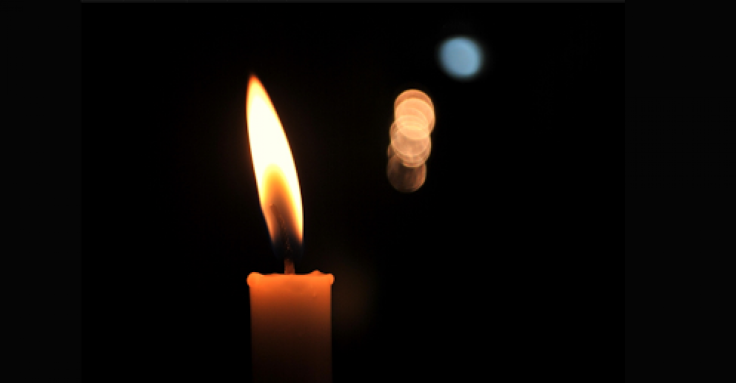Delhi Gang-Rape Victim: Should She Be Identified?

The 23-year-old Indian woman whose gang rape and subsequent death has generated a massive movement against sexual violence toward women has not yet been identified by media, in accordance with custom and to respect the privacy of the victim’s family.
It is also against the law. Under the Indian Penal Code, the public revelation of a rape victim’s name is punishable by a two-year prison sentence and a fine.
Consequently, Indian newspapers, magazines, TV broadcasts and social media have given the victim a number of honorary titles, including “Amanat” (‘trust’ or ‘fidelity’ in Urdu), “Braveheart,” “India’s daughter,” “beti” (‘daughter’), “Damini” (‘lightning’ in Hindi) and many other honorific.
The august Times of India explained: “She has come to symbolize rare courage, an inspiration for a movement demanding respect for women and much more. Such a symbol deserves a name. We will henceforth call her ‘Nirbhaya’ (‘The Fearless One’ in Hindi).”
Brutally gang-raped by at least six men on a Delhi bus on Dec. 16, the unnamed girl was eventually moved to a hospital in Singapore, where she died.
However, some observers believe the victim’s real name should be revealed to the public.
In an editorial in The Hindu newspaper, Gaurav Vivek Bhatnagar cited a published letter which argued that hiding the identity of a living rape victim makes sense, but “revealing the identity and photo of a brave gang-rape victim … is now necessary for worship as an ideal for youngsters of this country.”
The letter added: “Without revealing the identity of the brave physiotherapy student [the rape victim], it may not be possible to honor her posthumously with the country’s highest civilian award for bravery … an honor undoubtedly deserved by her.”
In contrast, New American Media, which opposes the public disclosure of the girl’s name, opined prior to the girl’s death: “The victim has become a symbol for so many in India, but like the unknown soldier, some of her power lies in not knowing her name. The act of naming ironically erases that, even if it is meant to honor her. … The question remains: What’s in a name? Does she need a name? Or is it the media that needs a name for her? Are we just plain uneasy with namelessness?”
In some Western nations, the privacy of a rape victim is an extremely serious issue.
For example, in the United Kingdom last month, nine people were fined for having tweeted the name of a woman who was raped by Ched Evans, the soccer star.
Some in Britain thought they should have been jailed for their actions.
“A teenage rape victim was insulted, demeaned and named -- and the perpetrators get fined just a few hundred quid. The law must change to protect victims,’ said Conservative MP Louise Mensch, according to The Daily Mail.
Similarly, Sandra McNeill from Rape Crisis Leeds lamented: “The fine is outrageous. The law, which protects the anonymity of rape victims, needs to be adequately applied. If somebody breaks the law they should go to jail -- and not be given paltry fines. Someone senior needs to have a word with that judge.”
In Britain, rape and sexual assault victims "are legally entitled to anonymity for life," according to The Guardian, and the identification of a victim "in a publication or program" is a criminal offense punishable by a maximum fine of £5,000 (about $8,000).
In the U.S, media typically do not reveal names of sexual assault victims, unless the latter is willing to be publicly identified. But, according to NBC News, there is no specific law prohibiting it.
© Copyright IBTimes 2024. All rights reserved.











